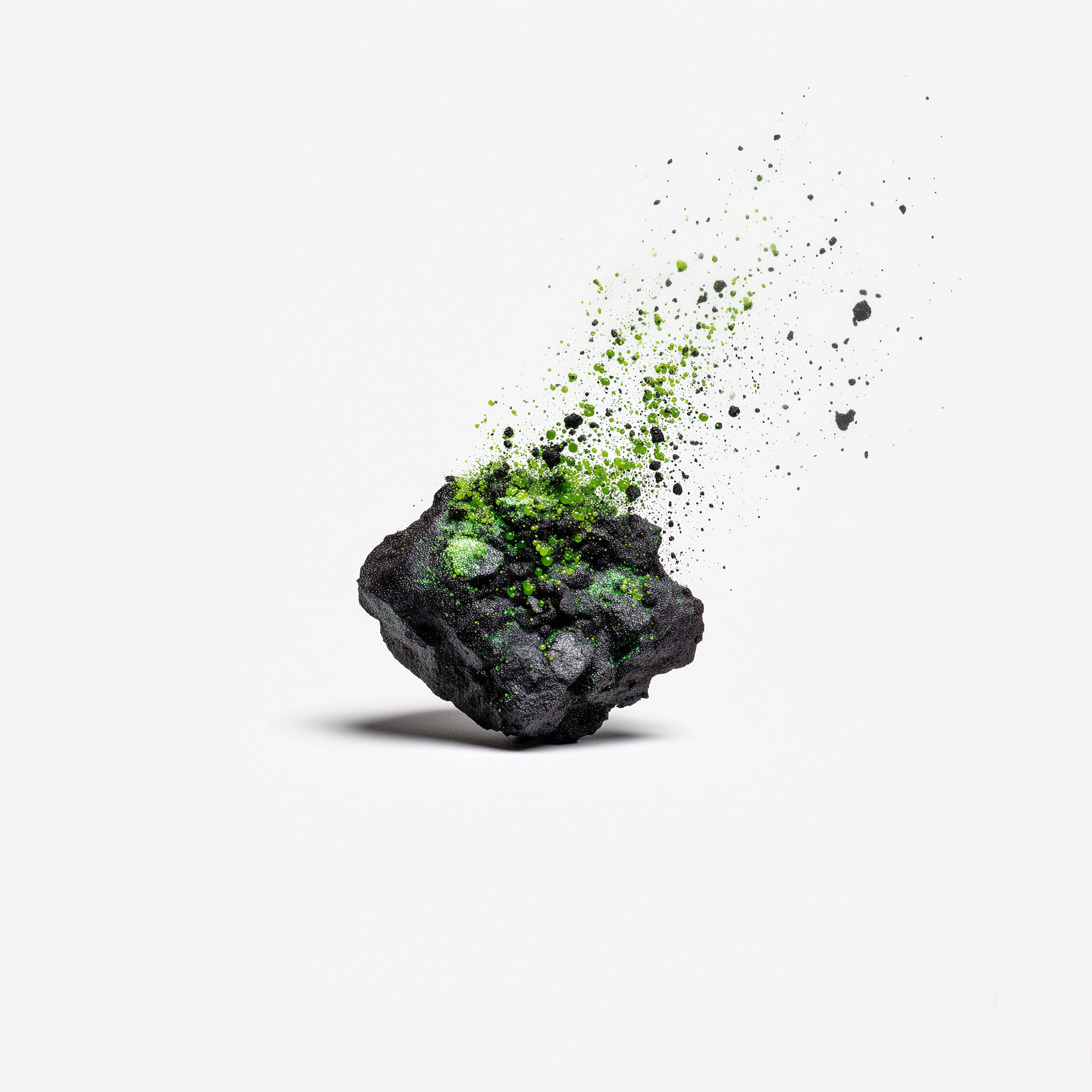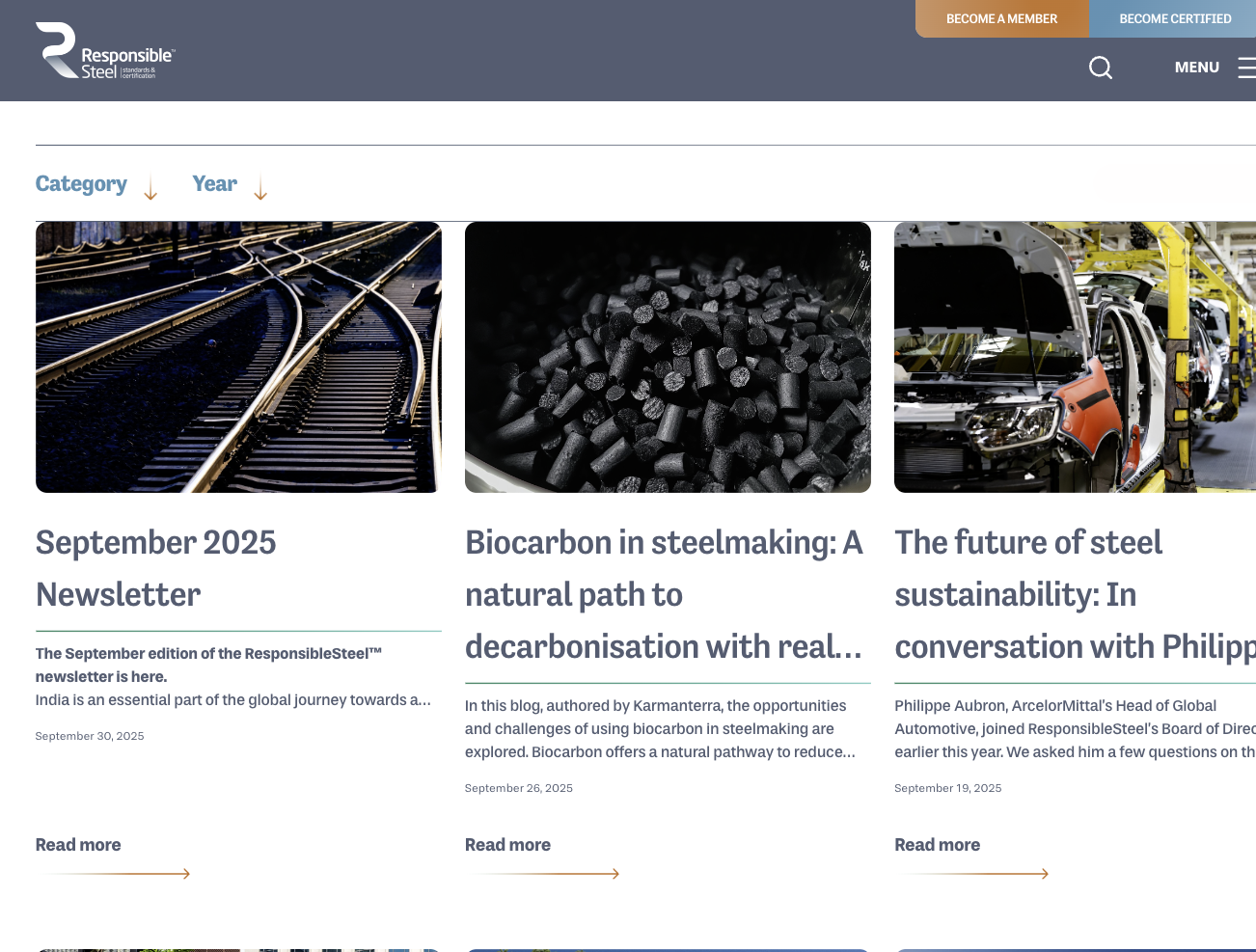Why Soil Salinity Matters for Agriculture in the Middle East
Across the Middle East, saline and alkaline soils are among the toughest challenges facing agriculture. High evaporation rates, limited freshwater, and intensive irrigation practices all contribute to rising soil salinity that restricts crop growth and threatens food security. Millions of hectares in the region are affected, reducing yields and straining both farmers and governments.
New Global Evidence on Biochar’s Effectiveness
A landmark meta-analysis of 113 international studies (2025) confirmed that biochar is a scientifically proven solution to rehabilitate saline-alkali soils. The study found that biochar:
- Boosted crop yields by 20.8% on average (and over 40% in severely saline soils).
- Increased soil organic carbon by 44%, improving fertility and resilience.
- Reduced soil salinity by nearly 10%, including major reductions in sodium (–12.5%) and chloride (–23.4%).
- Improved water use efficiency by 8.7%, critical for desert farming.
- Lowered soil pH by 2.2%, reducing alkalinity stress on crops.
For Middle Eastern governments and agribusinesses, this research confirms what local farmers already know: saline soils can be turned into productive assets when treated with the right tools.
Karmanterra’s Breakthrough: Biostimulant-Enhanced, Acidic Biochar
Traditional biochars often have alkaline properties, which limits their effectiveness in already high-pH soils. Karmanterra has solved this challenge by developing a biostimulant-enhanced biochar with an acid pH profile, engineered specifically for saline and alkaline soils of the Middle East.
This innovation does more than just correct soil pH. By integrating biostimulants into the porous structure of biochar, Karmanterra creates a powerful dual-action soil amendment:
- Delivery system for biostimulants: Biochar adsorbs and gradually releases biostimulants like humic acids, amino acids, and seaweed extracts directly into the root zone.
- Microbial habitat: Beneficial microbes survive better in the sheltered, moist pores of biochar, even under high salinity.
- Synergistic growth effects: Biochar retains water → microbes thrive → biostimulants enhance root growth → roots access more nutrients.
In effect, Karmanterra’s biochar acts as both a soil conditioner and a biostimulant delivery platform, offering unmatched resilience against salinity and drought.
Engineered Specifically for Middle Eastern Conditions
- Moisture retention: Critical for sandy, drought-prone soils under drip irrigation.
- Salt stress buffering: Biochar’s cation exchange capacity reduces sodium toxicity while biostimulants improve plant resilience.
- Reduced fertilizer dependence: Better nutrient use efficiency lowers costs and reduces environmental impacts.
- Carbon sequestration: Long-term carbon storage aligns with climate goals and carbon credit programs.
Why Governments and Companies Should Act Now
Salinization is accelerating, and every year of delay makes land more expensive to reclaim. By partnering with biochar innovators like Karmanterra, regional stakeholders can:
- Reclaim degraded farmland for productive use.
- Advance national food security strategies.
- Reduce reliance on imported fertilizers and chemical soil amendments.
- Position themselves at the forefront of climate-smart agriculture.
The science is clear: biochar works. But with Karmanterra’s acidic, biostimulant-enhanced biochar, Middle Eastern governments, NGOs, and agribusinesses now have access to a product engineered specifically for the region’s saline and alkaline soils. It’s not just remediation—it’s a pathway to long-term agricultural resilience, food security, and sustainable growth.


















